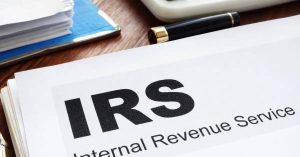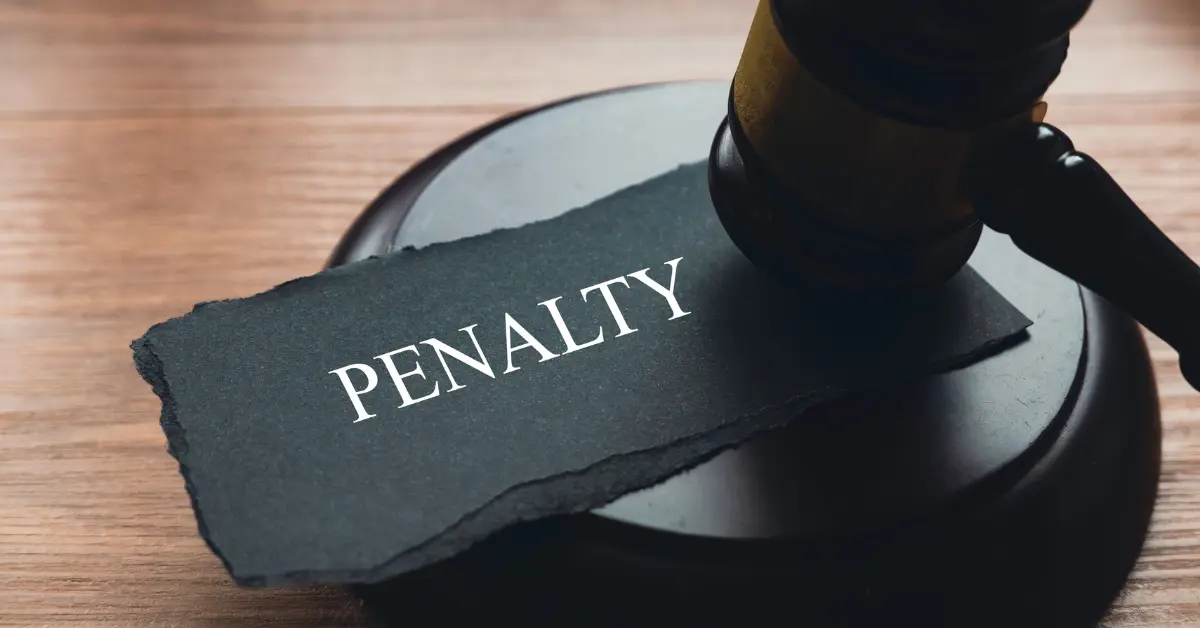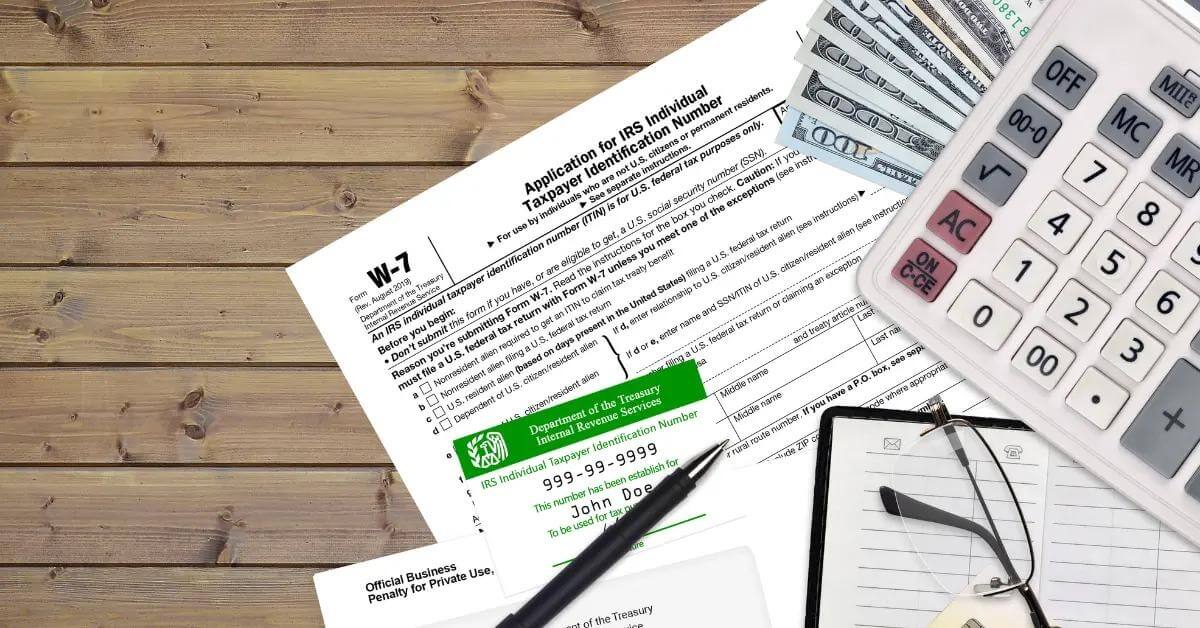IRS Fresh Start Program: The Tax Penalty Relief You Need
If a letter from the Internal Revenue Service fills you with dread, especially if you owe back taxes or have an unpaid tax bill from a prior year, then you might think that there’s no way out. Sometimes, taxpayers end up in financial binds and being in debt to the IRS might be something that they can’t get out of themselves.
The IRS has a program aimed at helping those who owe the IRS – even people who haven’t paid in years! It’s called the IRS Fresh Start Program, and it might be just the thing to help get you back on your feet financially and get tax relief.
What is the IRS Fresh Start Program?
The Fresh Start program makes it easier for individuals who owe back taxes to pay the IRS, without having a lien placed on a vehicle or home. This program has recently expanded to help more people struggling with tax bills.
Fresh Start is not a program, but rather a series of changes that the IRS has made to the tax code to alleviate tax bills. The goal is to allow citizens to pay taxes without liens and excess fees.
Eligibility is generally determined by several factors:
- Self-employed individuals must demonstrate a drop in their net income of 25 percent or greater
- Earnings for married couples filing jointly must be under $200,000 per year, and single filers under $100,000 per year
- You must owe less than $50,000 dollars in taxes overall
How Long Has Fresh Start IRS Existed?
The IRS Fresh Start initiative has actually been in place for many years. The current program is known as the Fresh Start Initiative, but its former name is the Fresh Start Program. Both of these have tried to help taxpayers reduce their tax bills and prevent liens against their property.
The initial program started in 2008 as a response to the Recession. In 2012 the IRS changed the program, making it easier for the unemployed and those in financial hardship to reduce taxes owed. Relief can come in the form of eliminating late fee penalties for those that owe taxes for a current year, or the IRS may agree to forgive past debts.
What are the Fresh Start Repayment Options?
1. Extended Installment Agreement
The IRS Fresh Start Installment plan is one of two payment plans that the IRS offers for tax debt. It’s designed to reduce fees and penalties for tax bills.
The regular IRS payment options for those that can’t pay their tax bill by the deadline for that year have fees associated with them, including set-up fees and penalties.
Short term plans may be available without late payment fees. These payment plans are less than 120 days and offer some penalties over the course of the arrangement until the balance is paid in full, although there are no fees associated with setting up this type of plan.
Long-term installment payments have set-up fees, depending on whether your payment is automatically deducted from a bank account or if you submit the payment yourself.
Under the Fresh Start Initiative, taxpayers can pay their bill over the course of several months and avoid penalties for unpaid taxes and other fees.
Several different types of payment arrangements are available, including a streamlined installment agreement, partial-pay installment agreements, and “stair-step” installment agreements. Another option is a debit installment agreement.
While these arrangements are available, each taxpayer must negotiate with the IRS directly to determine their eligibility. In some cases, their tax bill may be reduced, or they may arrange to pay a certain amount on time, with the remainder forgiven after a series of on-time payments. Regardless of which plan the IRS approves, it’s important to pay each installment on time and in full; otherwise, the arrangement can be nullified.
Taxpayers that owe more than $50,000 and have no feasible way of repaying that amount within six years will need the assistance of a tax specialist to help negotiate with the IRS for an installment compromise. Many plans involve showing the IRS your monthly income and budgeted essential living expenses. They’ll claim the balance of your income minus expenses.
Please note that even these payments come with fees. You will need to submit both Form 433-F and Form 9465 and do so either by mail or in person – resolving tax debt of more than $50,000 cannot be completed online.
2. Offer in Compromise
For taxpayers who have demonstrated that they are unable to pay their tax bill in full, the IRS offers a Fresh Start Offer in Compromise. The Offer in Compromise Program will need the assistance of a professional tax preparation service, as negotiating with the IRS to pay less than the full amount owed can be tricky.
Essentially, the taxpayer will show that paying the full amount of taxes owed will create an insurmountable financial hardship. In these cases, the IRS may forgive a portion of the amount owed. Usually, you’ll have to agree to direct withdrawal of installment payments from a bank account.
Is the IRS Fresh Start Compromise Available for Me?
Determining if you qualify for a Fresh Start from the IRS is done on a case by case basis. Essentially, the IRS will take into account a tax payer’s income, expenses, and whether or not the amount of money that they agree to accept from a reduced compromise will be greater than or equal to the amount they could realistically expect to receive from a taxpayer. The IRS will take into account future income, as well. Offers in Compromise are determined by three criteria:
- Credibility – if the IRS doubts that they’ll receive any money from you, then they may agree to take less money that they have a reasonable expectation of receiving. If the IRS determines that forced collections will net them a higher amount of money, they’ll go that route; otherwise, they may agree to a compromise. Please note that having accounts in collections can severely impact your credit and ability to purchase a home, car, or apply for credit.
- Accuracy and Liability – you may be able to demonstrate that the amount that the IRS claims that you owe isn’t, in fact, the amount that you owe. If you believe that there was tax preparation error, then the IRS may be willing to take a different amount instead o the initial amount owed. This is something that a professional tax preparation service may be able to help you with.
- Effective Tax Administration – when the IRS determines that paying the full amount owed would cause undue financial hardship, then they may agree to take less than the full amount owed.
It’s important to note that compromise arrangements with the IRS are rare, and generally require the assistance of a tax professional to achieve. If you are approved, make sure that you make each payment on time and in full; otherwise, the IRS can nullify your compromise and you’ll be on the hook for the full amount owed.
How Do I Get Started?
Step 1 Gather Information
Gather all of the tax documentation you can find from the years in question.
Armed with this information you will be able to effectively handle your tax liability. Having all the facts and circumstances in order makes it easier for a tax attorney to understand how much income tax is due.
Step 2: Meet with a Tax Attorney
Hiring a tax attorney makes it much easier for taxpayers or small businesses to pay off tax liability. Discuss your options and pick a repayment method.
Why? Because dealing with the IRS alone is like defending yourself in court: it leaves you vulnerable and increases your likelihood of losing big time. Wage garnishment, property seizures, IRS agent visits to your home and workplace…these things happen every day.
When it comes to repaying back taxes there are a ton of negotiations involved and showing up to an IRS negotiation without an attorney is what nightmares are made of. Trust us on this.
While you technically CAN do it alone, consider at least scheduling an appointment with a tax attorney to discuss your plan of action and listen to their advice. Trust us, it will make all the difference.
Step 3: Mail Documentation
Send off all the documentation you can (or have your lawyer do it) and make sure to send it not only online but also by USPS, because that post office slip is proof of the date you sent them.
Step 4: Get those IRS forms filled out.
Getting IRS forms filled out can feel intimidating, but it’s not as hard as it sounds. You can find these forms on the IRS website. The Installment Agreement Request Form (Form 9465) and many others are easily available to fill out.
Step 5: Get Ready to Negotiate
Prepare for negotiations, and we mean to prepare for negotiations: you will be working with a specific IRS agent during this time and it is their job to get as much money as possible from in as short of a time as possible. You need to give your lawyer as much information as possible about your current financial situation, including bank statements, paychecks, donation receipts, etc.
Step 6: Follow through.
There is a strong likelihood that not following through on your responsibilities in the past is what caused this stress for you now, but you don’t need to focus on that. Make your payments on time!
How Long Does It Take?
Begin the process starts with a phone call to a reputable tax processing service. Once the process begins it can take anywhere from several months to a year to reach a compromise or put a payment plan in place with the IRS.
The length of time for your Fresh Start IRS agreement varies by the amount owed and your ability to make monthly payments. Terms are generally greater or less than 120 days.
A lot will depend on your ability to prove how much you can or cannot pay. You need to make sure you have the necessary paperwork (old tax forms, current paychecks, proof of non-negotiable expenses such as health care costs, etc). You should provide these to your tax attorney as soon as possible, or if you are doing it yourself, make sure you have everything in order
Can the IRS Reopen My Debt After a Fresh Start Initiative Settlement?
Yes, they can. If you fail to keep to the terms of your agreement with the IRS, your case can be reopened. This can cause a nullification of the terms and place you liable for the full amount you owe, immediately.
Many times your agreement with the IRS not only includes complying with the terms of repayment but also that you file your taxes and pay them every year for the next five years.
The IRS updates the tax code, including their Fresh Start Initiatives, on a regular basis. Sometimes, taxpayers that made arrangements under the tax code will be affected by changes to the code. In this case, having your agreement and annual tax filing reviewed by an experienced tax preparation company will help ensure that you’re compliant with the current regulations.
Should changes to the tax code affect your agreement and ability to pay the IRS, your tax preparation specialist can help you take proactive steps with the IRS to ensure that your personal agreement isn’t disrupted.
In Conclusion
When you choose a professional tax preparation company to help you, you’re also getting the benefit of experts with extensive knowledge of the U.S. tax code and laws. Choosing a professional to help you reach a payment arrangement with the IRS can help you reduce the amount you owe, or enter into an installment plan that isn’t overly financially cumbersome.
We can help! Contact Silver Tax Group online or over the phone today to start the process.








